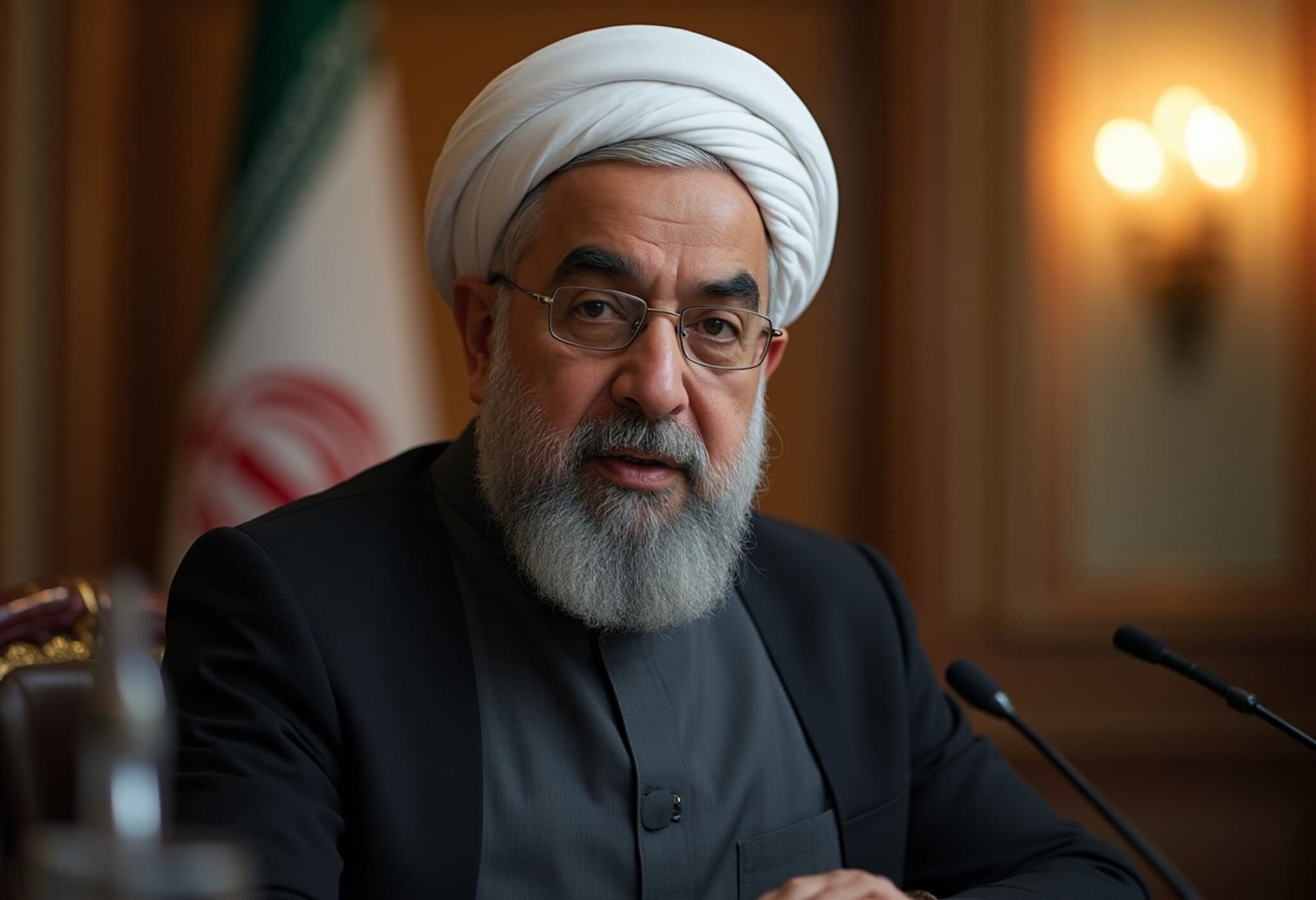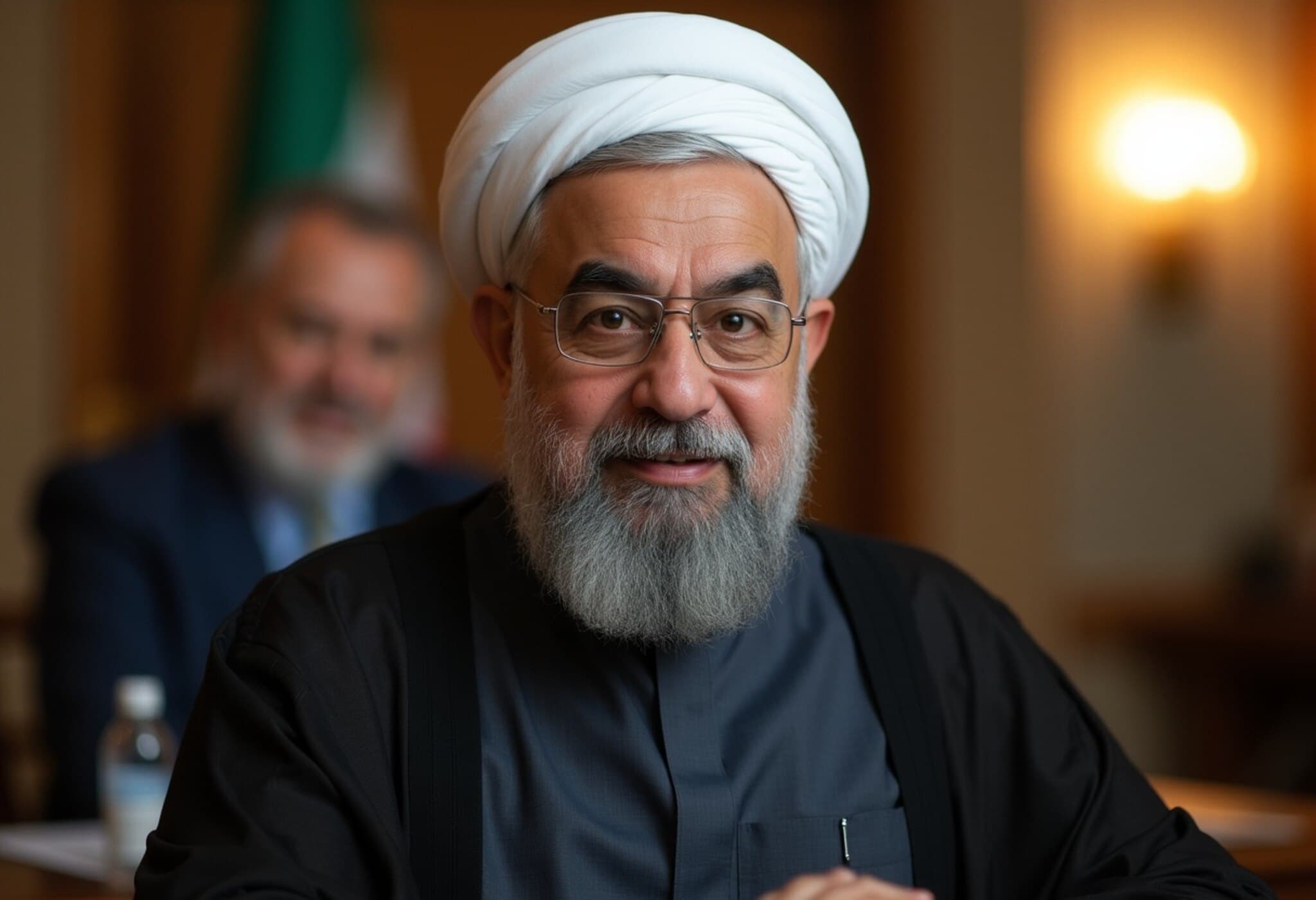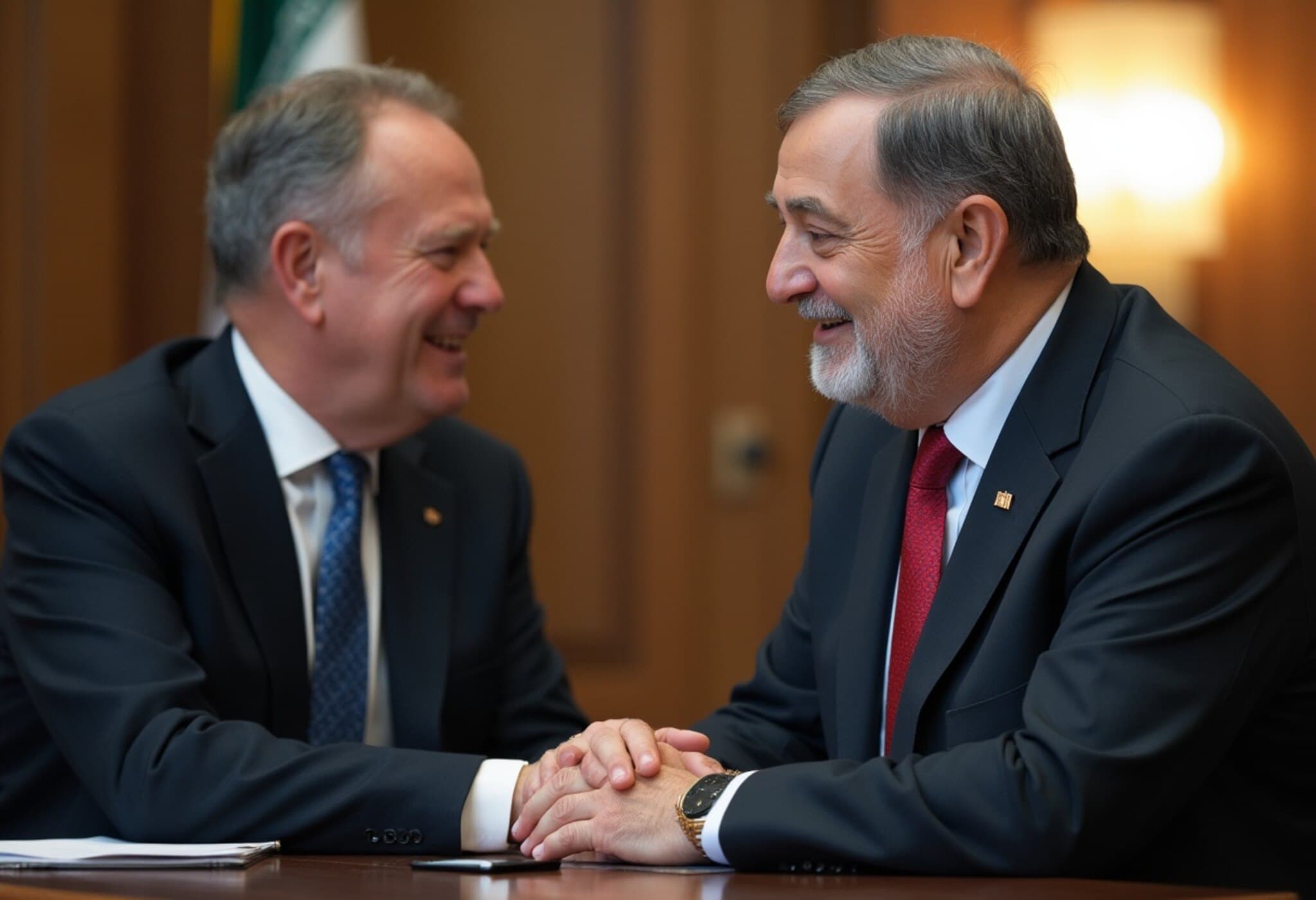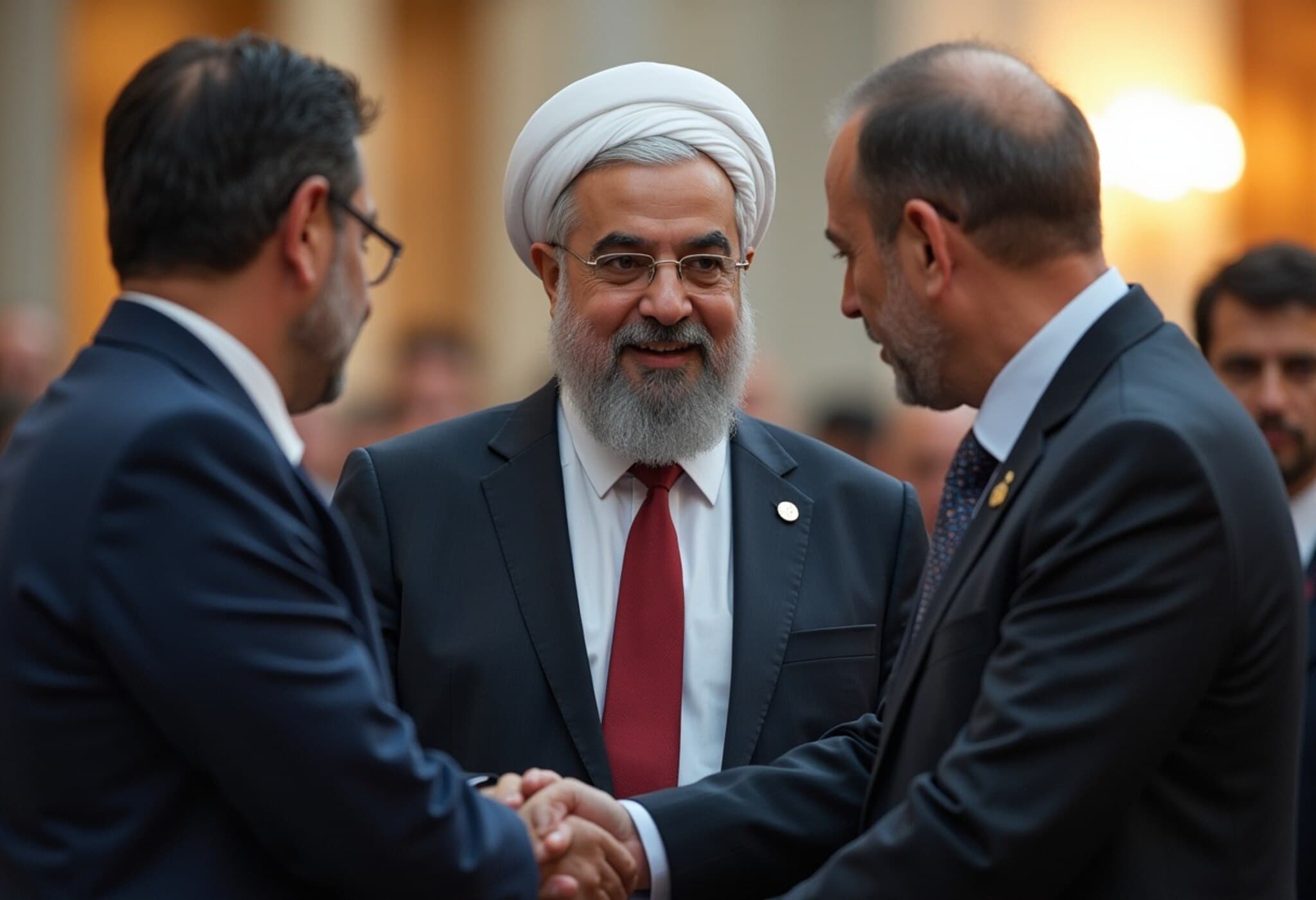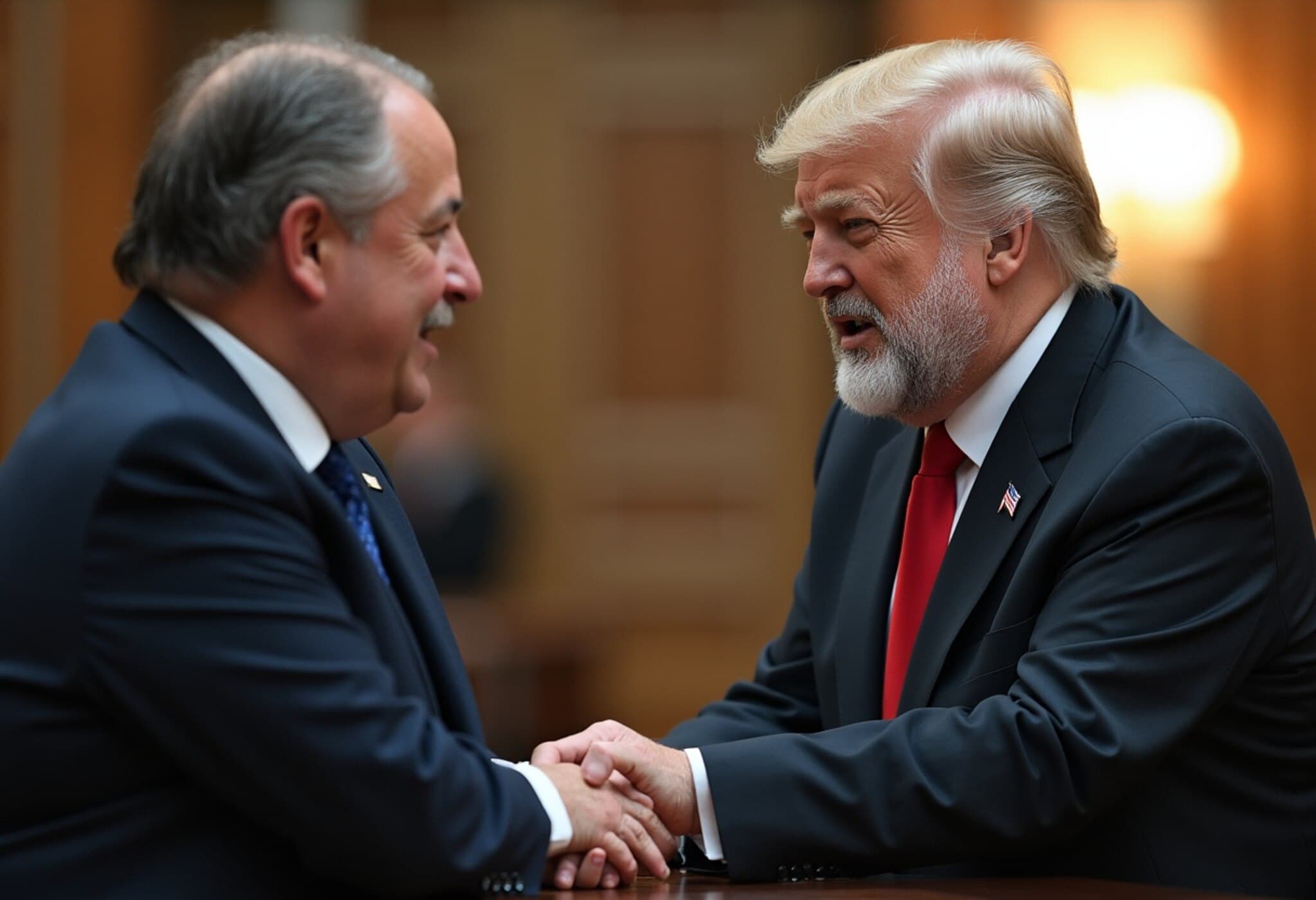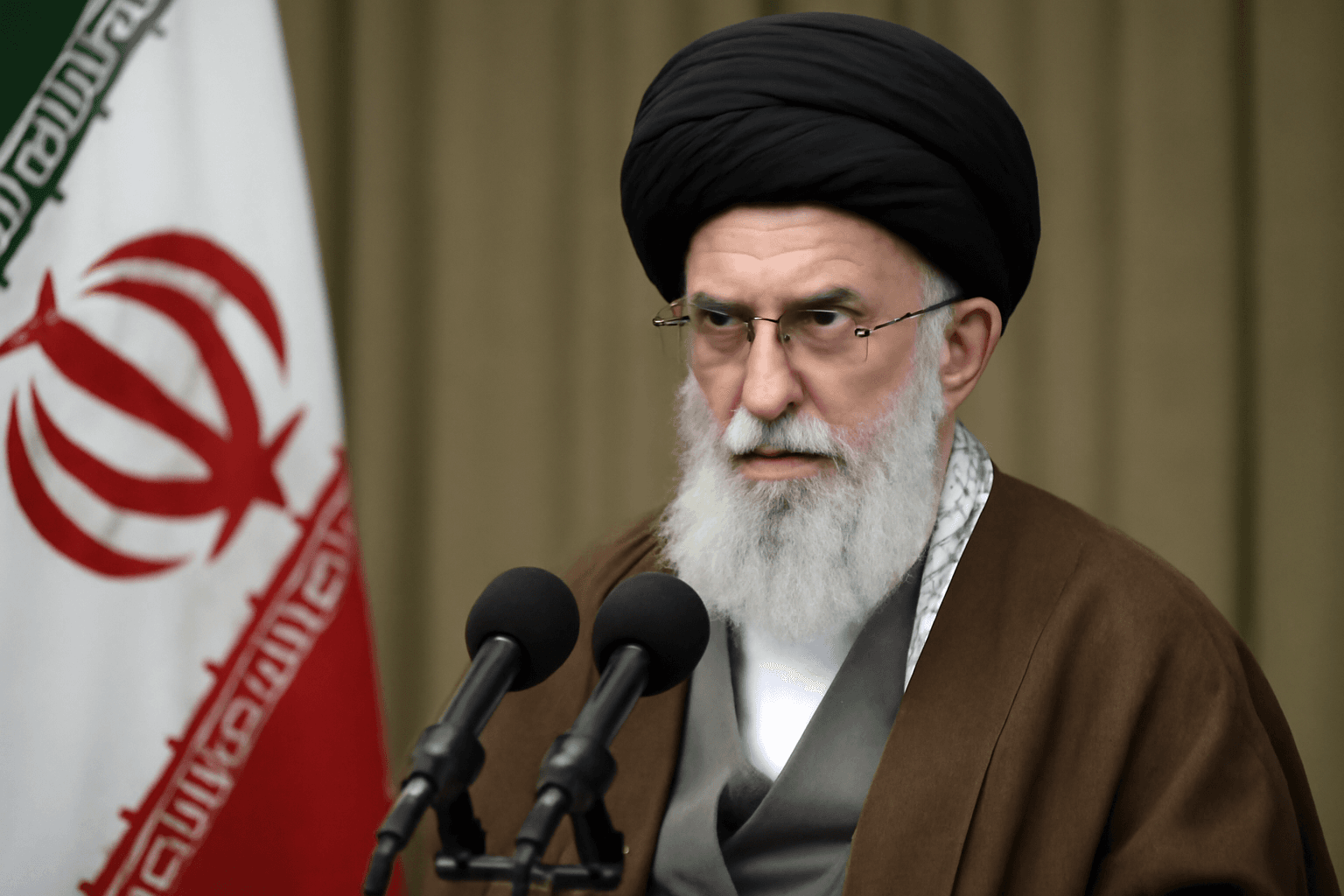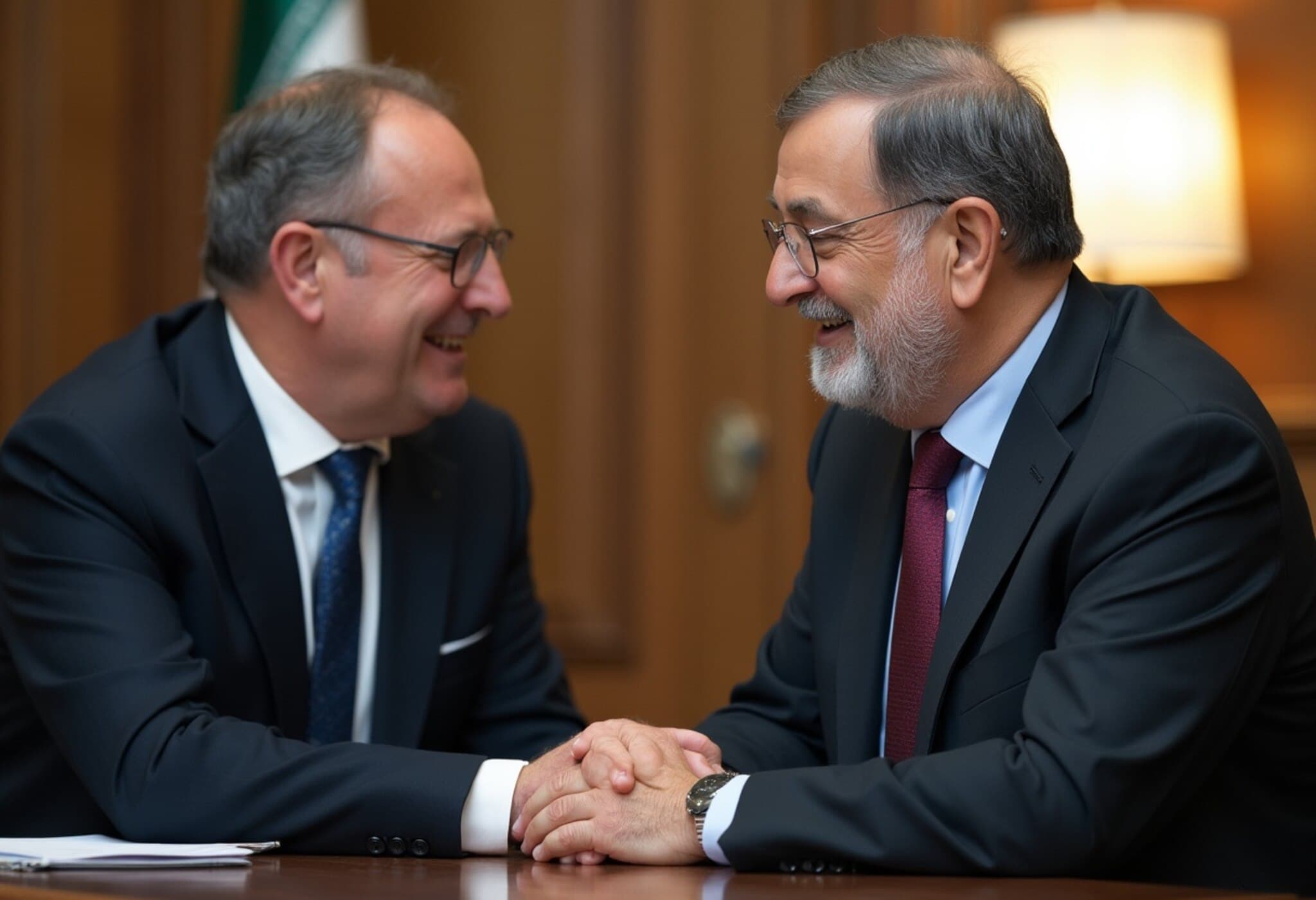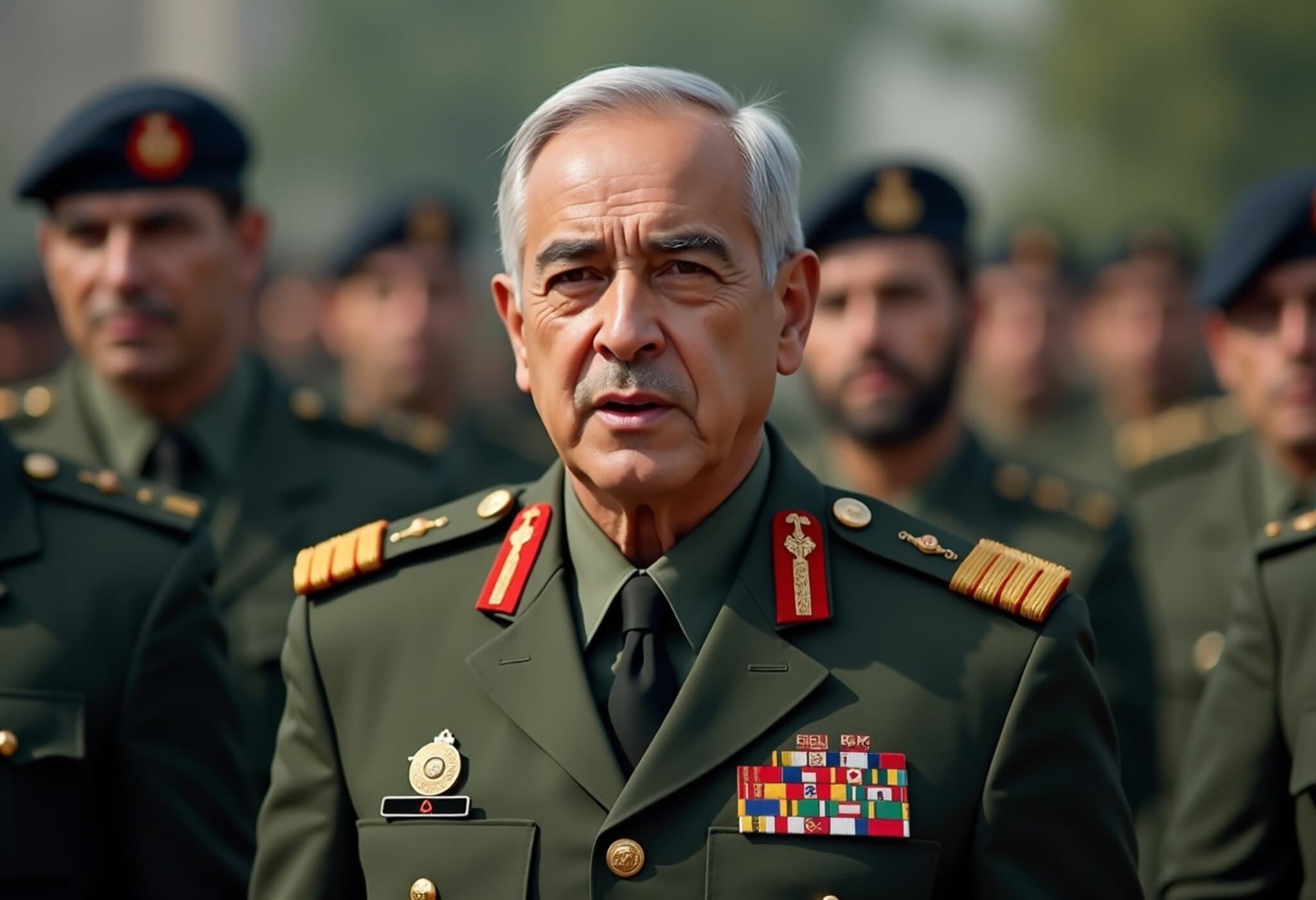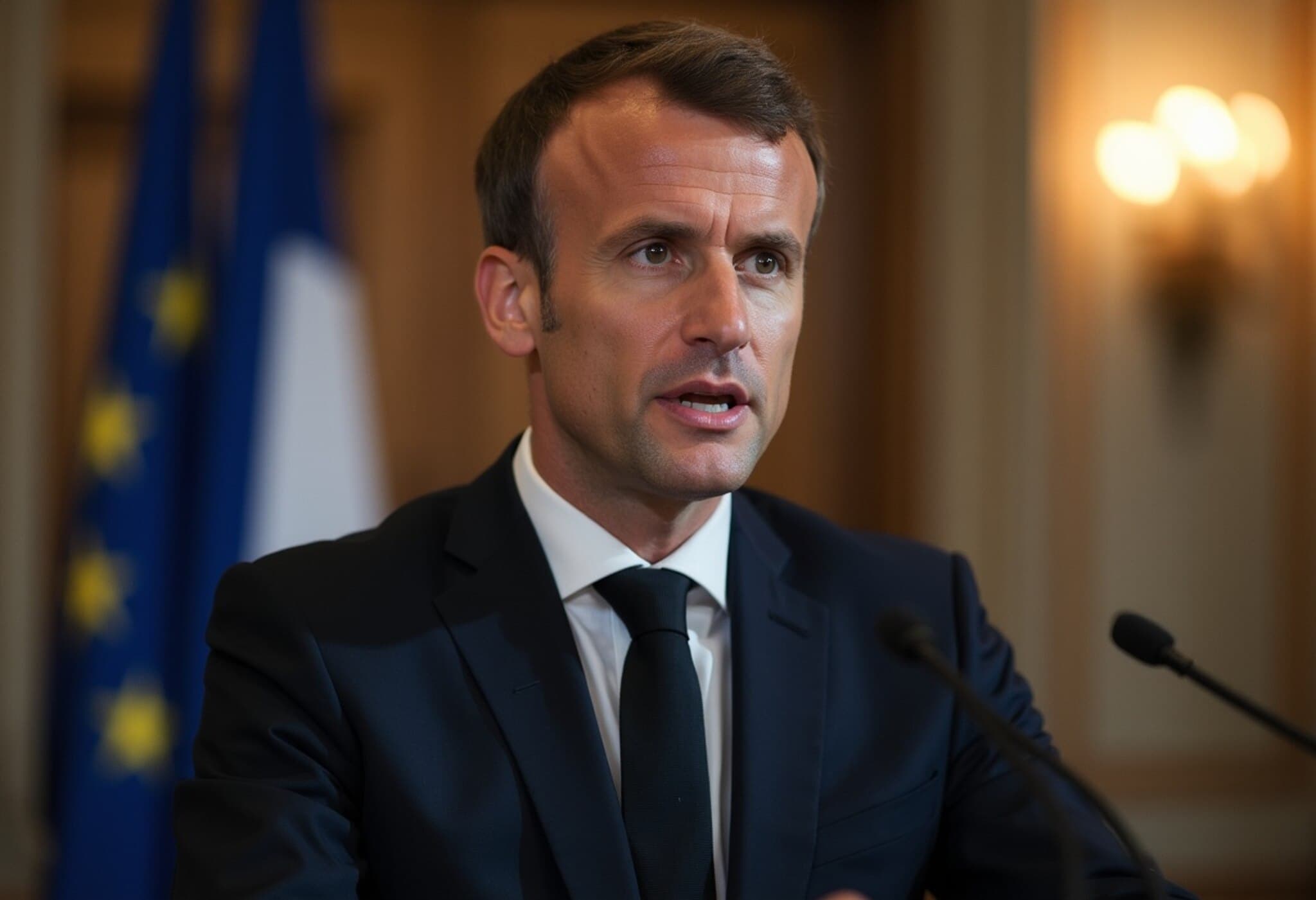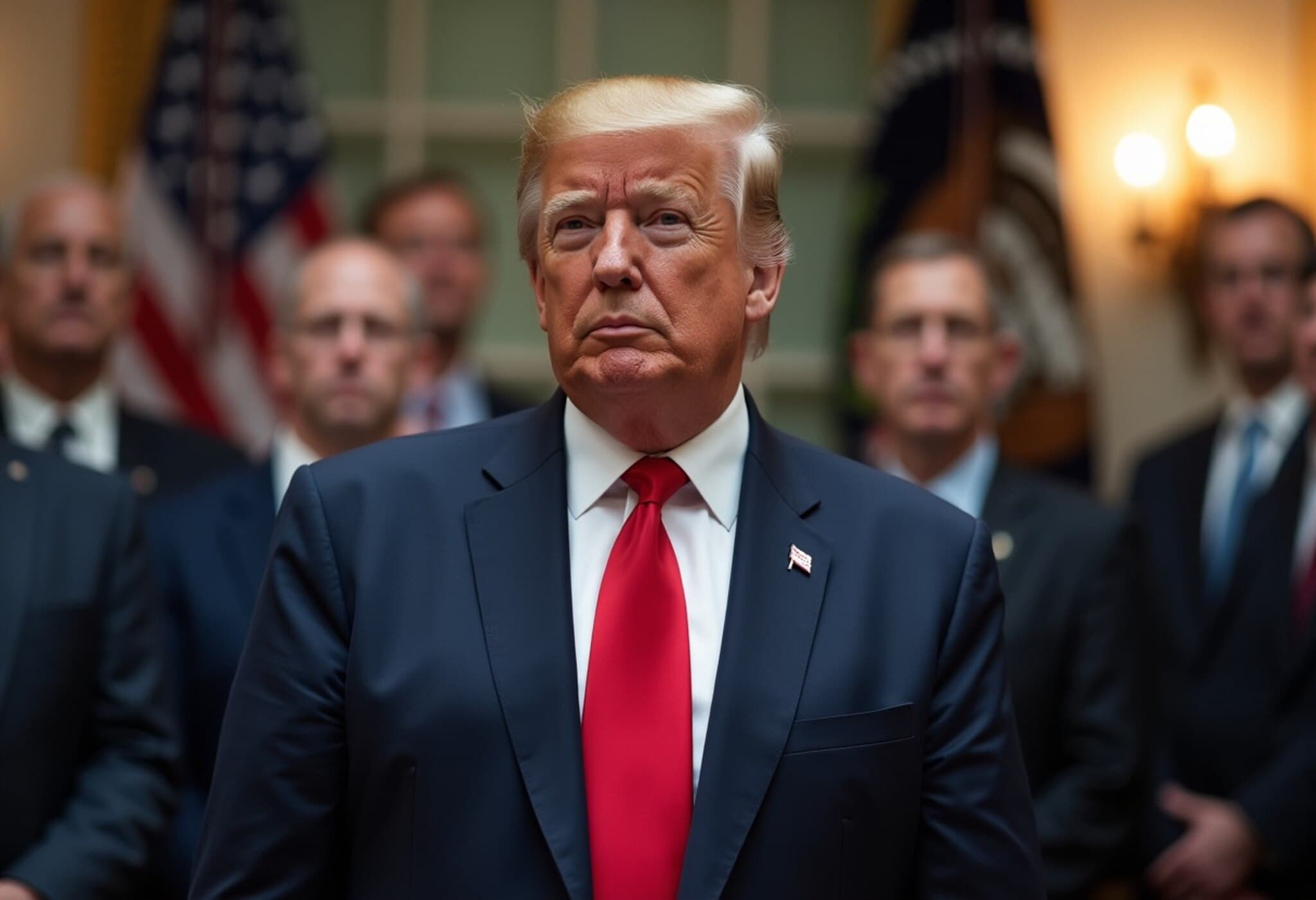Iran’s Foreign Minister Opens Door to Nuclear Talks Amid Tensions
In a significant development signaling a potential thaw in diplomatic relations, Iran’s Foreign Minister Abbas Araghchi announced on Saturday that Tehran is willing to resume nuclear negotiations with the United States — but only if there is a clear guarantee that no further military strikes will occur.
Context Behind the Offer
Speaking to a gathering of foreign diplomats in Tehran, Araghchi emphasized that Iran has historically remained open to dialogue about its nuclear program and is prepared to continue such talks moving forward. However, he pointedly stressed that any resumption of negotiations must be predicated on assurances that discussions will not escalate into armed conflict.
Highlighting the recent military escalations that have severely strained diplomacy, he referred to the 12-day Israeli bombardment of Iranian nuclear and military sites, as well as the June 22 U.S. airstrike targeting Iran’s nuclear facilities. These strikes have not only caused physical damage but also complicated the pathway toward a nuclear agreement.
Impact of Military Strikes on Iran’s Nuclear Oversight
Following these attacks, Iran halted its cooperation with the United Nations’ nuclear watchdog, leading to the withdrawal of inspectors from Iranian territory. Araghchi added that Iran’s response to requests from the International Atomic Energy Agency (IAEA) will now be evaluated on a case-by-case basis, contingent upon Iran’s national interests and security concerns.
The Foreign Minister further cautioned about the risks associated with inspecting damaged sites, especially concerning the potential dissemination of radioactive materials or detonations caused by unexploded munitions left behind from the attacks.
Uranium Enrichment and the Road Ahead
Reaffirming Iran’s stance, Araghchi insisted on the continuation of uranium enrichment programs on Iranian soil, a position vehemently opposed by the United States. While Israel justifies its strikes by alleging Tehran's proximity to developing nuclear weapons, U.S. intelligence and the IAEA have not found concrete evidence of an active weapons program since 2003, despite Iran enriching uranium up to 60%—close to weapons-grade levels.
Iranian President Masoud Pezeshkian also reported that the airstrikes inflicted such extensive damage that Iranian authorities have yet to fully assess the nuclear facilities’ condition.
Expert Insight: Navigating the Fragile Diplomatic Landscape
This announcement arrives amid a backdrop of heightened geopolitical tensions in the Middle East, where military actions have frequently undermined diplomatic efforts. Araghchi’s conditional openness to dialogue indicates a cautious but pragmatic approach by Iran, emphasizing sovereignty and security.
For U.S. policymakers, the challenge lies in balancing deterrence and diplomacy. Ensuring that military actions do not preclude negotiations is critical for long-term regional stability. Meanwhile, the West must grapple with Iran’s insistence on uranium enrichment, which remains a sticking point in nuclear diplomacy.
Broader Implications for U.S. and Regional Security
- Trust Deficit: Military strikes have deepened mistrust, making verification mechanisms essential to any future deal.
- Regional Ripple Effects: Neighboring countries monitor these developments closely, as escalation risks a wider conflict.
- International Oversight: The IAEA’s limited access hampers transparency, raising global concerns over nuclear proliferation.
Looking Ahead: Can Dialogue Prevail?
While the pathway to renewed negotiations remains fraught with uncertainty, Iran’s willingness to engage under defined conditions introduces a window of opportunity. This delicate balance between diplomatic engagement and military posturing will likely shape the future of nuclear diplomacy in the region.
Iran’s conditional offer to return to the negotiating table reflects a complex interplay of deterrence and diplomacy. For the U.S. and international community, the pressing question remains: Can credible assurances be established that prevent further attacks and rebuild trust, thereby opening a sustainable path to peace? The coming months will be pivotal in determining the fate of not only Iran’s nuclear ambitions but regional and global security at large.

